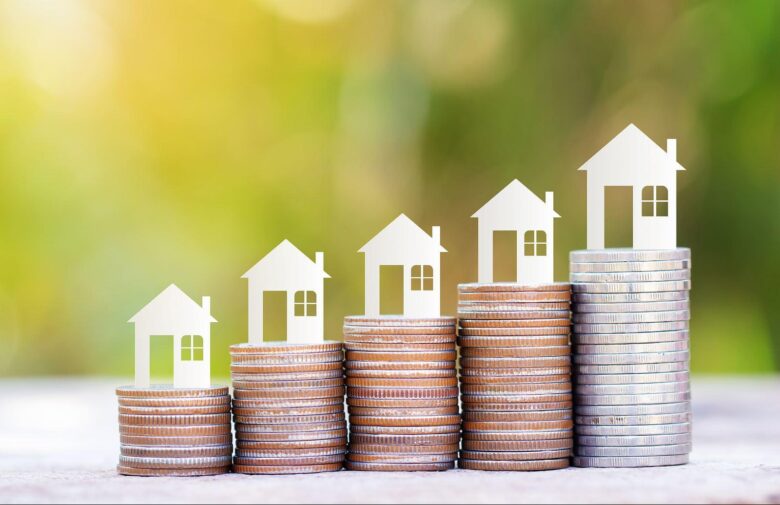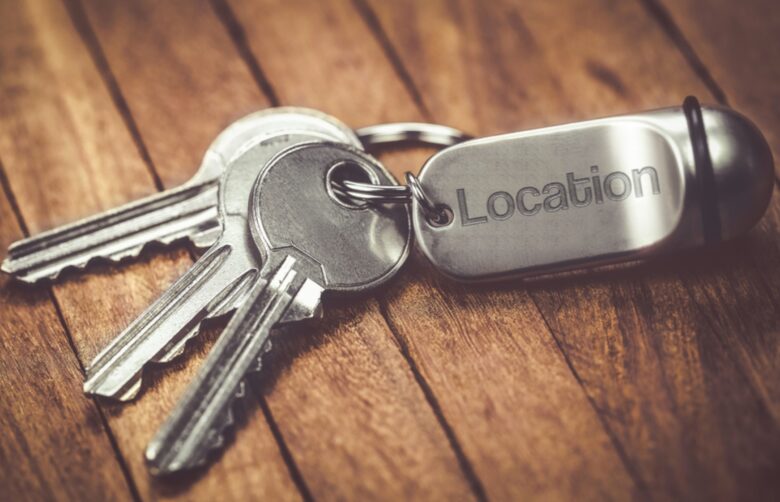To have a passive income is one of the main goals of many. Being able to bring in money without having to do much work is what most people dream of. While there are many ways to achieve this, one popular method is through rental properties.
Real estate investing is a great way to build wealth and generate passive income. Because of the housing demand, the value of real estate properties appreciates over time. By owning rental property, you can reap the benefits of this appreciation while also collecting rental income.
However, like all other investment opportunities, there are certain risks involved in owning rental property. So, before you enter the world of rental property investing, consider several things to ensure your soon-to-be rental property is a wise investment.
Contents
1. Location
Location is arguably the most important factor to consider when buying a rental property. You’ll want to choose a location in high demand so that you can charge top dollar in rent. Look for fast-growing cities with plenty of job opportunities, as these areas will most likely generate high rental demand. If your current location doesn’t offer these opportunities, you may want to consider out of state real estate investment.
Investing in real estate out of state might require a little more research, but it can be well worth it if you find a desirable location with high rental demand. You may even be able to find a turnkey property in a great location that is already generating rental income.
Consider getting a property management company you can trust to manage your out-of-state rental property since you’ll be unable to do so yourself.

Source: mashvisor.com
2. Property Type
The type of property you invest in will also impact your return on investment (ROI). There are many rental properties, from single-family homes to apartments and townhomes.
You’ll want to choose a property type in high demand within the vicinity you’re considering investing in. For example, if you’re looking at a college town, students will likely look for apartments or tiny houses to rent rather than large residences. On the other hand, if you prefer a location closer to downtown, you may consider investing in luxury apartments or condos.
If you know what type of property to invest in, you’ll be able to narrow your search and focus on finding the right property. The right property type at the right location is key to achieving a high ROI.
3. Purchase Price
The purchase price of the property is another crucial factor to consider. You’ll want to make sure you’re not overpaying for the property, as this will eat into your profits.
Research similar properties’ prices to ensure you’re getting a good deal. Sometimes the property’s value isn’t always reflected in the purchase price, so be sure to have a professional appraiser estimate the property’s value.
Inspect the property thoroughly. Identify if there are hidden areas for repair before making an offer. Doing so ensures that there are no hidden repair costs that may substantially reduce your profits. Remember that you’ll also need to factor in the price of any renovations or repairs that you need to do before the property is ready to be rented out.
Furthermore, it’s a good idea to get pre-approval from a lender before making an offer on a property, as this will give you a better idea of how much you can afford to spend.

4. Financing
Financing is another critical factor to consider when buying rental property. You’ll need to determine how you will finance your investment, as this will impact your monthly cash flow and overall profitability.
Several financing options are available for real estate investors, from traditional bank loans to private loans. You’ll want to compare interest rates and terms to find the best financing option for your needs.
Consider using a portfolio loan if you’re an experienced investor with multiple properties. This loan allows you to use your existing rental property portfolio as collateral, which can help you get more favorable loan terms and a lower interest rate that’ll increase your profitability.
5. Rental Income
The estimated rental income you can generate is also necessary to consider when buying rental property. You’ll want to make sure the property you’re considering has the potential to generate enough income to cover your mortgage payments, property taxes, and insurance, as well as generate a profit.
To determine the potential rental income for a property, you’ll need to research comparable properties in the vicinity. Identify similar properties that have recently been rented out and compare prices to get an idea of the standard rental price around the area.
You may also want to consult with a local real estate agent to get their opinion on the potential income for the property you’re considering.

6. Operating Expenses
The operating expenses of a rental property can also affect your rental property’s ROI. These expenses include property taxes, insurance, and repairs and maintenance. You’ll want to ensure that the property you’re considering has low operating costs to maximize your profits.
One way to reduce operating expenses is to purchase a property in excellent condition. This will help you avoid costly repairs and renovations.
Also, consider buying a property with a warranty, such as a home warranty. A home warranty helps you cover the cost of any repairs that need to be carried out while the property is under warranty.
7. Management Expenses
If you’re not planning on self-managing your rental property, you’ll need to factor in the cost of hiring a professional property management company. These companies will handle all aspects of renting out your property, from finding tenants to collecting rent to managing repairs and maintenance.
While hiring a property management company will reduce your workload, it will also affect your profits. You’ll need to take into account the cost of the management company’s fees when deciding whether or not to purchase a rental property.

Source: imom.com
Final Words
A rental property is a great investment if you do your homework and choose the right property. It’s important to consider all the above factors before making your purchase.
Remember, the success of your investment depends on your ability to generate enough rental income to cover your mortgage payments, operating expenses, and management fees while still generating a profit. With careful planning and research, you’ll find the perfect rental property to invest in.
